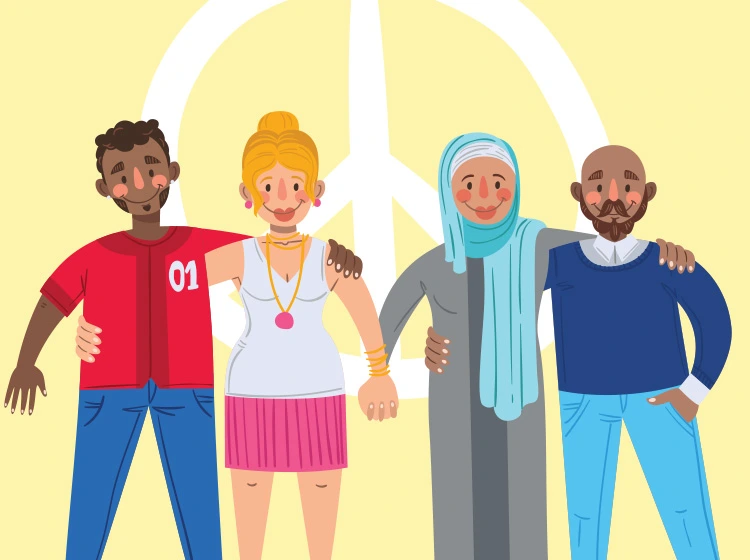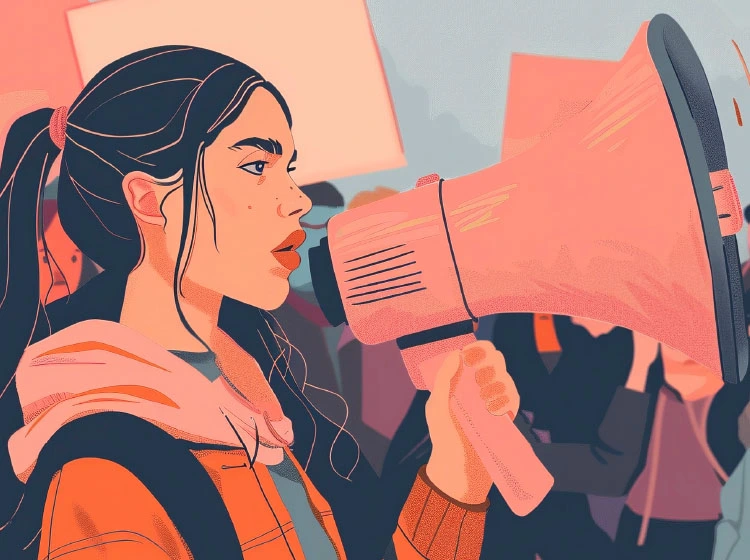
Bridges Across Borders: The Power and Impact of Diaspora Communities in Europe
The diaspora community in Europe is a dynamic presence that influences everything from politics to cultural understanding. The vibrant community makes important contributions to Europe’s success on all levels.

Empowering Tomorrow: How Diversity in European Higher Education Drives Global Success
Diversity in European higher education institutions plays a pivotal role in shaping the academic environment and preparing students for success in a globalized world. It brings unique perspectives, fosters innovation, and promotes social equity. Student success means global success.

Europe’s Religious Communities Are a Cultural and Social Mosaic of Diversity
Europe’s rich tapestry of religious communities has significantly influenced its cultural and social landscape over the centuries. That influence continues today even as religious affiliations expand in response to European society’s diversification.

Diversity in European Political Groups Looks Good On Top But Falters At The City Level
Even as EU leaders celebrate new achievements in diversity at the national and EU-wide level, city level elections continue to showcase more of the same old, same old.

Embracing the Skills Necessary for Cross-Cultural Leadership Success
Today’s leaders are often called upon to compete in a multinational context, but how many are given the tools necessary to succeed in the face of widely differing cultural expectations?

The Hidden Benefits Of Cross Cultural Mentorship
Beyond sharing their business insights, mentors who take on mentees from differing cultures accrue a surprising set of hidden benefits.

European Employers Overcoming Labor Shortages Through Inclusion Initiatives for Immigrants
Addressing the gap between business labor needs and Europe’s immigration, migrant, and refugee policies requires a twofold strategy. Employers can work with government entities to close the gap, but they should also pursue proactive inclusion strategies that develop the competencies of people who could fill skills gaps.
